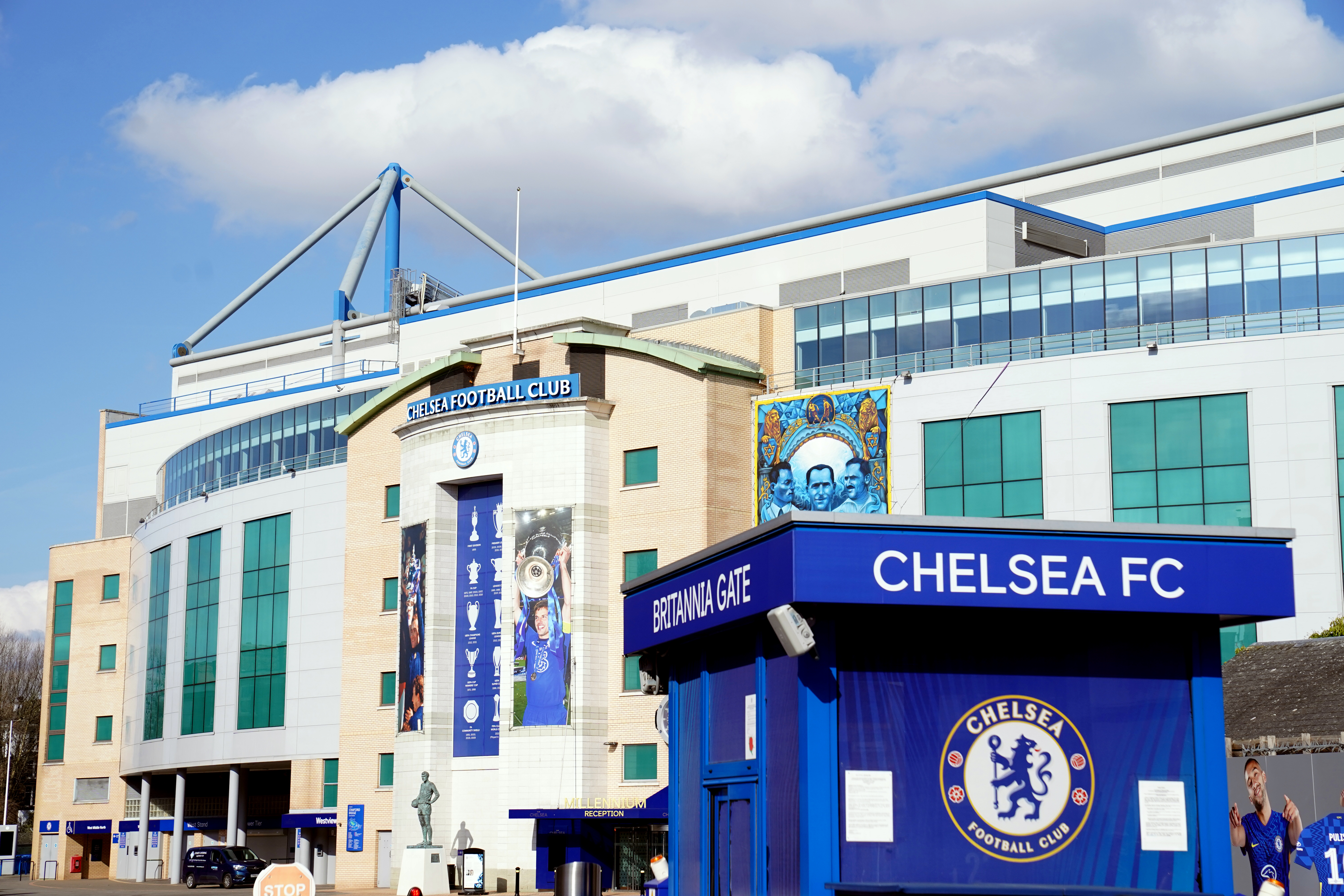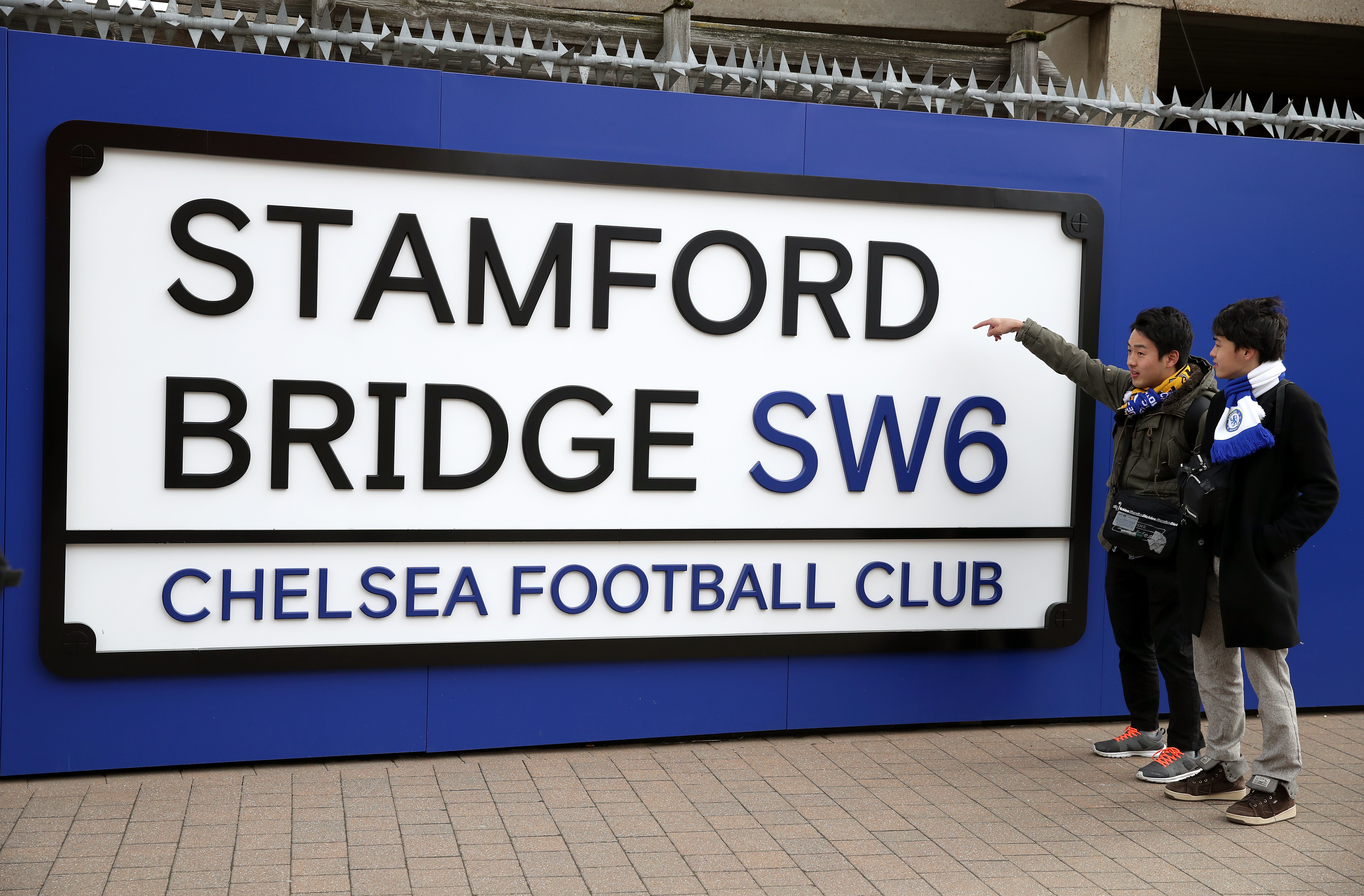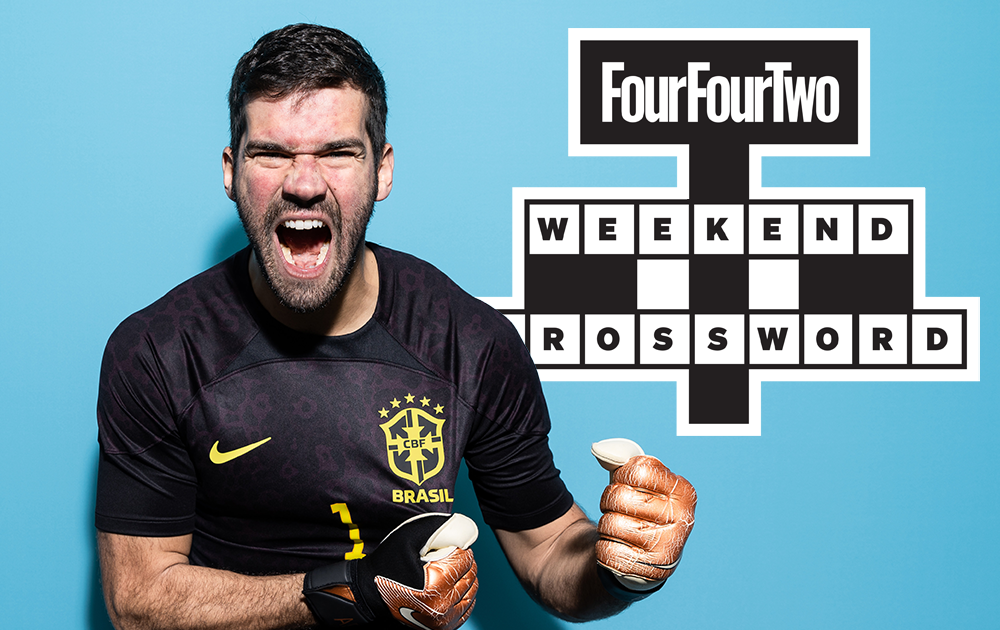Chelsea ‘distressed asset’ after Abramovich sanctions – football finance expert

Chelsea have to be considered a “distressed asset” following the imposition of sanctions on Russian-Israeli owner Roman Abramovich and could face administration unless the transfer embargo placed on them is lifted at the end of May, a football finance expert has said.
The Government has frozen the assets of the Blues owner due to his association to Russian president Vladimir Putin, who launched an invasion of Ukraine two weeks ago.
Chelsea have been granted a special licence to continue operating but under strict conditions to ensure the club – and by extension Abramovich – do not benefit from the generation of any new revenue.
1/ 4🧵Putin’s attack on Ukraine continues & we are witnessing new levels of evil by the hour. Today the Government has announced further sanctions against individuals linked to the Russian Government. This list includes Roman Abramovich, the owner of Chelsea Football Club.— Nadine Dorries (@NadineDorries) March 10, 2022
Shirt sponsor Three has already said its three-year deal is under review, and the club are not allowed to sign or sell players under the terms of the licence.
The Government says it is open to a sale of the club, which could only happen following an application for a new licence, but Dr Rob Wilson, a football finance expert from Sheffield Hallam University, cannot envisage a sale happening following the freezing of Abramovich’s assets.
“The sanctions push (the value of the club) down. It is an asset that needs to be transferred at some point, so if you need to sell something, the closer you get to the deadline of needing to sell, the cheaper it probably gets,” he told the PA news agency.
“I would describe Chelsea as a distressed asset, and the association that they’ve got with the owner is what’s distressing them.”
The best features, fun and footballing quizzes, straight to your inbox every week.
Chelsea’s most recent accounts for the year ending June 30, 2021, published on December 29 last year, highlighted the club’s reliance on Abramovich’s funding.
The accounts showed he had loaned the club over £1.5billion in total since taking over via his company Fordstam Limited. Chelsea recorded a pre-tax loss of £155.9million in the latest set of accounts, with wages rising to £333million.

“The bottom line is that the football club can’t survive without (Abramovich) and his ownership because of the way he puts money into them,” Dr Wilson added.
“Unless you can find somebody else like him or with pockets as deep as his to continue the ongoing running costs of the club.
“I think we get to the 31st of May, and the club won’t have been sold but the Government will review the sanctions that they’ve placed on the football club to allow some player movement and the player movement would then enable the club to continue trading, paying its players and so on.
“That’s where it probably goes. I don’t think they cease trading but I think the threat of administration is probably on the horizon when it wasn’t before, if they are not given that ability to sell assets.”
Dr Wilson pointed out that, if the terms of the licence are not changed, players loaned out by Chelsea for this season would return to their books and the club would be liable for their wages if they were still in contract, with the club unable to send them back out on loan.
“They could have upwards of 60 playing staff on their books,” Dr Wilson added.
More than 10 interested bidders were understood to have come forward prior to Thursday’s announcement of sanctions against Abramovich, including billionaire British businessman Nick Candy and Los Angeles Dodgers part-owner Todd Boehly. It remains to be seen what impact Thursday’s news will have on their interest, or the price they are willing to pay.
It is understood the mechanism for a sale process is being developed by the Department for Digital, Culture, Media and Sport (DCMS), the Treasury and the Premier League.
SANCTIONED: 7 Russian oligarchs targeted in £15bn sanction hit – including Abramovich and Deripaska— Foreign, Commonwealth & Development Office (@FCDOGovUK) March 10, 2022
Dr Wilson said the reported valuation of the club at £3billion was hugely excessive, even before the sanctions announcement.
“Even if someone were buying for £1billion, where do they add value as a potential owner?” he said.
“That’s what a new owner would look for, unless they’re prepared to spend lots and lots of money and then lose lots and lots of money on a football entity.
“I actually don’t buy the idea that an American owner will be too interested in them. What we tend to see with American owners is that they are what we call profit maximisers, who try to squeeze value out of the club for profit purposes.
“Look at the Glazers, what they’ve done at Manchester United and other American owners that have operated in the space. It’s all about trying to get some money as a return.
“That’s what the Americans are really good at – revenue generation. So unless you are a sovereign wealth fund, like we’ve seen with the Saudis going into Newcastle, or you’re a bit of a trophy asset-hunter, which is what everybody thought Abramovich was doing when he bought Chelsea in 2003, I don’t see how you make money from Chelsea.
“It’s really, really tricky. You’d have to pick them up cheaply and look to then sell them on in the future. I genuinely don’t see how you can have a significant influence over additional revenue streams that haven’t already been exploited.”
 Join The Club
Join The Club





